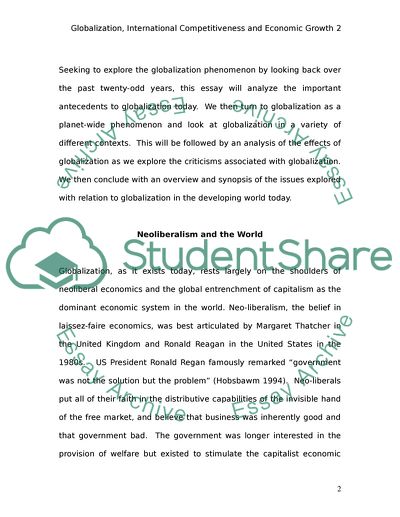Cite this document
(Worldwide Neoliberalism as The Main Effect of Globalization Coursework, n.d.)
Worldwide Neoliberalism as The Main Effect of Globalization Coursework. Retrieved from https://studentshare.org/social-science/1721519-international-competitiveness-and-growth
Worldwide Neoliberalism as The Main Effect of Globalization Coursework. Retrieved from https://studentshare.org/social-science/1721519-international-competitiveness-and-growth
(Worldwide Neoliberalism As The Main Effect of Globalization Coursework)
Worldwide Neoliberalism As The Main Effect of Globalization Coursework. https://studentshare.org/social-science/1721519-international-competitiveness-and-growth.
Worldwide Neoliberalism As The Main Effect of Globalization Coursework. https://studentshare.org/social-science/1721519-international-competitiveness-and-growth.
“Worldwide Neoliberalism As The Main Effect of Globalization Coursework”, n.d. https://studentshare.org/social-science/1721519-international-competitiveness-and-growth.


